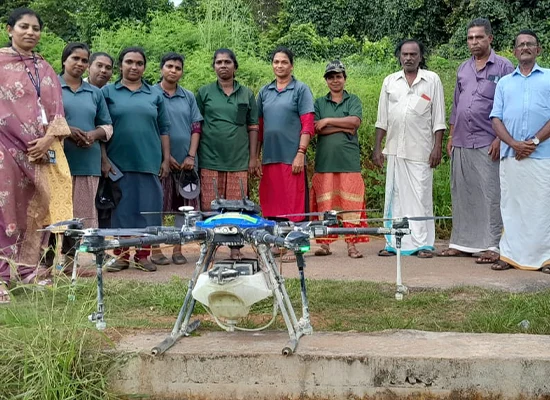Blogs
Sustainable Farming Practices for a Better Tomorrow

Sustainability is the future of agriculture, and this blog explores eco-friendly practices that farmers can adopt.
Agriculture is the lifeline of any nation, and adopting sustainable farming practices is essential for ensuring food security, protecting the environment, and supporting future generations. By using eco-friendly techniques, farmers can improve soil health, conserve water, and reduce the impact of climate change.
1. Organic Farming
Avoiding chemical fertilizers and pesticides helps maintain soil fertility and protects biodiversity. Natural compost, crop rotation, and biological pest control are key elements of organic farming.
2. Water Conservation
Techniques like drip irrigation, rainwater harvesting, and mulching help optimize water usage, preventing wastage and ensuring efficient irrigation.
3. Crop Rotation & Companion Planting
Rotating crops prevents soil depletion and reduces pest infestations, while companion planting enhances crop growth and protection.
4. Integrated Pest Management (IPM)
Using natural predators, organic pesticides, and crop diversity helps control pests without harming the ecosystem.
5. Use of Renewable Energy
Solar-powered irrigation pumps and wind energy for farm operations reduce dependence on fossil fuels, making farming more eco-friendly.
6. Agroforestry & Natural Fertilizers
Planting trees alongside crops helps maintain soil moisture, prevents erosion, and supports biodiversity. Using bio-fertilizers like manure and compost enriches soil health naturally.
The Future of Farming
Sustainable farming not only benefits the environment but also improves farm productivity, farmer incomes, and food quality. By embracing these practices, we can ensure a greener, healthier, and more prosperous tomorrow.
Let’s support and encourage sustainable agriculture for a self-reliant and thriving nation!


